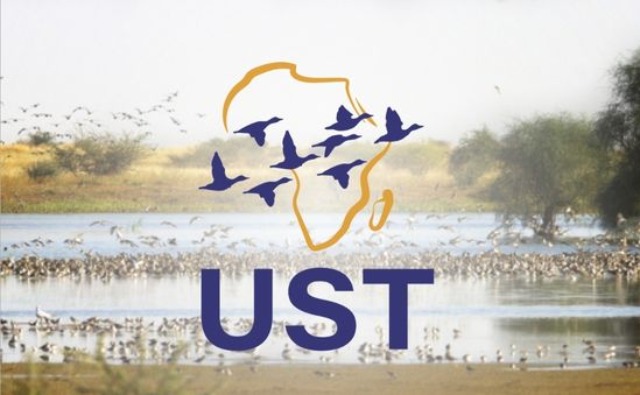The Technical Support Unit (TSU) of the AEWA African Initiative (find out more) initiated and facilitated a training workshop on the identification and censusing of wintering waterbirds in Africa, held in Mweka, Tanzania from 20 to 28 September 2018.
Six teachers / experts from three African wildlife management institutes (the Mweka College of African Wildlife Management in Tanzania, the Kenya Wildlife Service’s Naivasha Training Institute, and the École de Faune de Garoua (Cameroon)) took part in the workshop.

This training operation for trainers corresponds to several priority objectives of the AEWA Action Plan for Africa and the RESSOURCE programme (find out more). It also received financial backing from the François Sommer Foundation.
Historically, these three African wildlife management institutes have mainly focused on the management of large animals. The course trains several hundred professionals every year – future managers, technicians, and waterbird and wetland conservation policy decision-makers from numerous African countries.
After the agreement signed at AEWA MOP 6 (Bonn, 2015), in which the directors of the institutes committed to incorporating the training kits of the French National Hunting and Wildlife Office (ONCFS) and Wings Over Wetlands in their curricula, the challenge for the teachers was to assimilate this knowledge and make full use of it.
The two kits easily combine to provide from two to three weeks of training sessions and practical fieldwork. The students can acquire the skills required for identifying and censusing migratory waterbirds, and a thorough understanding of conservation and management issues all along their migration routes.
The training teams from the three institutes appreciated the quality and flexibility of the kits, and reaffirmed their desire to continue to include them in their teaching programmes.
At this meeting, the representatives of the three institutes expressed their wish to reinforce their partnership in the Wildlife Institute Network (WIN), which they hope to expand in Southern and Northern Africa. This process is all the more important for the monitoring and conservation of migratory waterbirds, because it consolidates the further training of future African professionals by trainers from the African continent.
Les kits pédagogiques sont disponibles gratuitement en ligne aux adresses suivantes :


